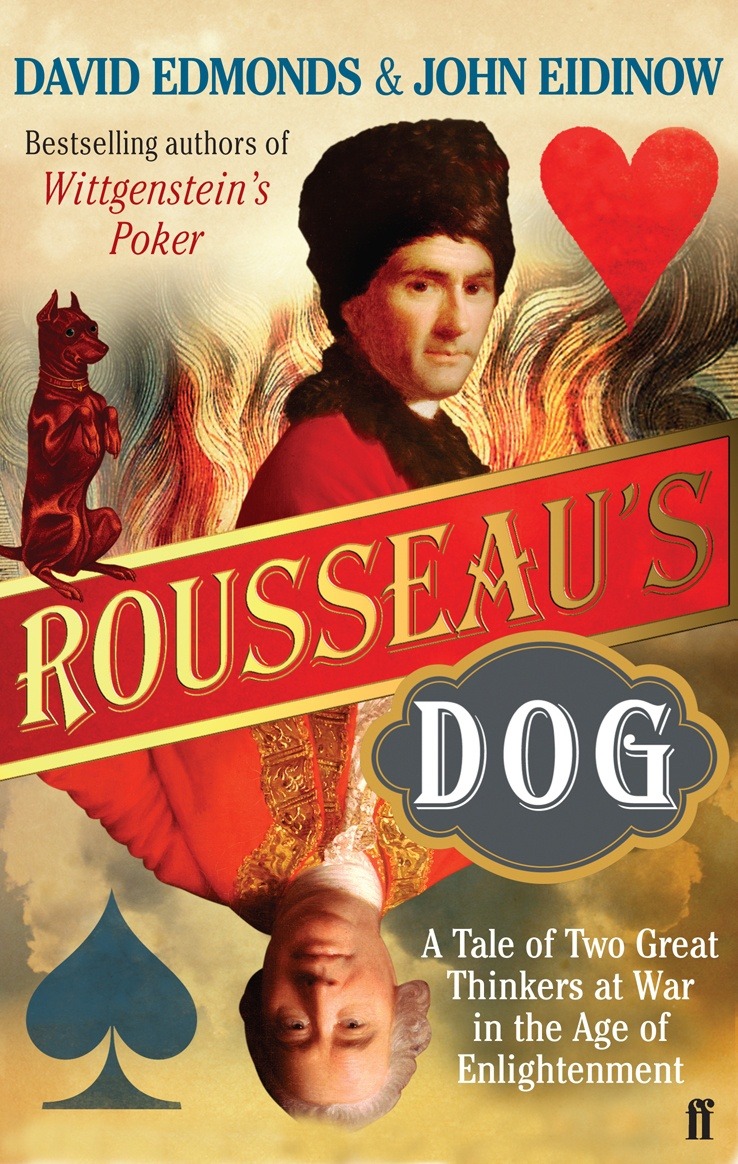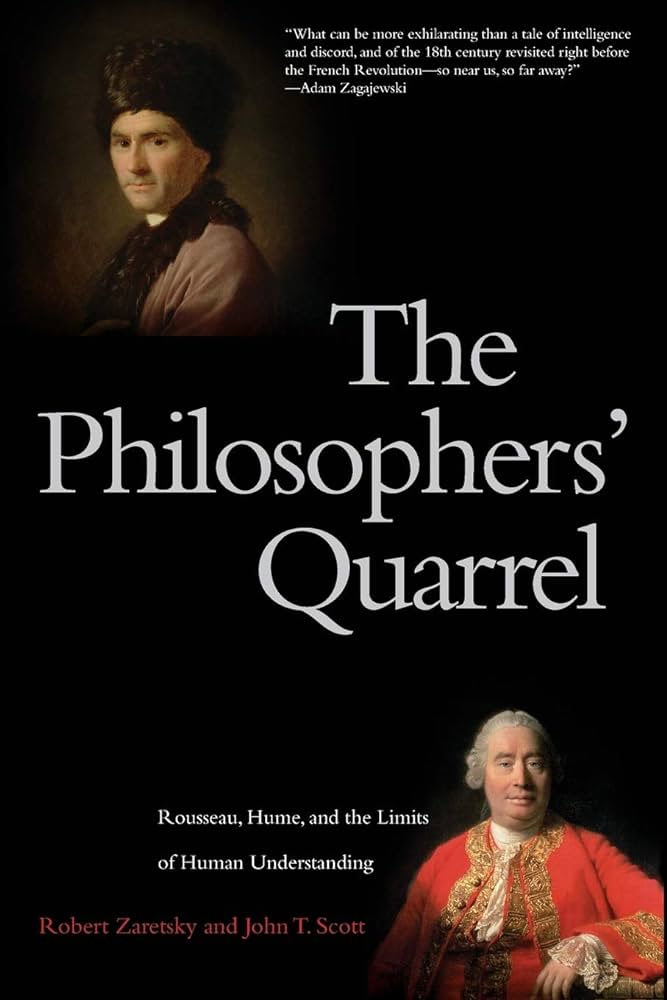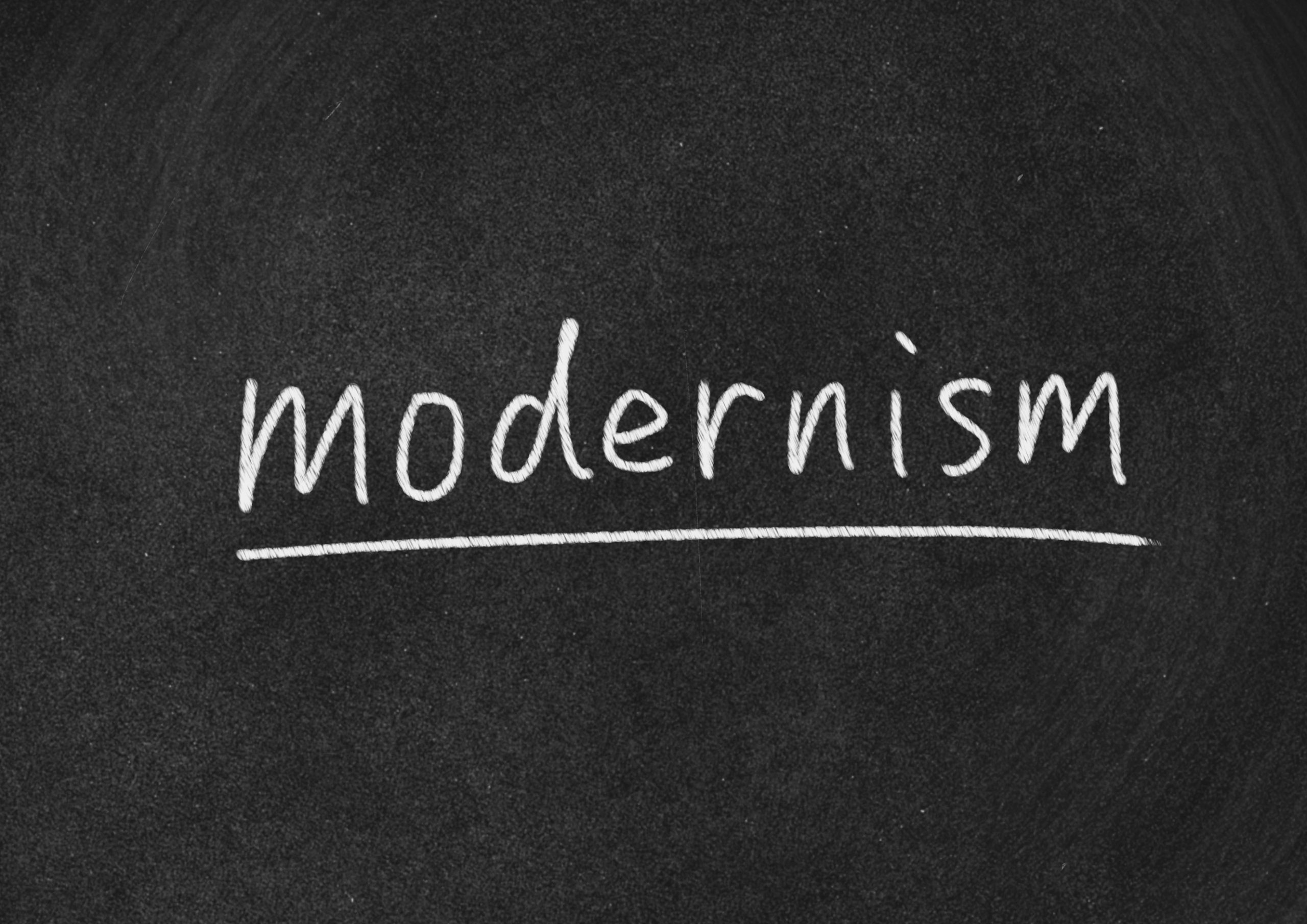The Conversation piece by Chris Fleming (Published: September 26, 2023 6.06am AEST) is informative but there is oddly no mention of Hume. It is a weird absence, since contemporary history of philosophy has successfully argued that we can not understand Rousseau without Hume, and, indeed this has been established as the public culture-history warfare of the Enlightenment Age, the perennial theme of modernism.
This has been explained in David Edmonds and John Eidinow’s Rousseau’s Dog: A Tale of Two Great Thinkers at War in the Age of Enlightenment (faber and faber, 2006), and Robert Zaretsky and John T. Scott’s The Philosophers’ Quarrel: Rousseau, Hume, and the Limits of Human Understanding (Yale University Press, 2009).
It is coarse and unreliable to say that Hume represented an establishment order, and Rousseau, a disestablishment social contract between persons with minimum governance, but that would be a reasonable and workable sociological model, albeit with the philosopher’s accurate protests. Rousseau rode higher on passion in cognition, and Hume was the Stoic in his reasoning.
Although Hume became his protector, of Rousseau, Hume stated: ” [he] has not had the precaution to throw any veil over his sentiments; and, as he scorns to dissemble his contempt for established opinions, he could not wonder that all the zealots were in arms against him. The liberty of the press is not so secured in any country… as not to render such an open attack on popular prejudice somewhat dangerous.” Still Hume was drawn to such passion of the other (not within himself): “It is impossible to express or imagine the enthusiasm of this nation in Rousseau’s favour…No person ever so much enjoyed their attention…Voltaire and everybody else are quite eclipsed”
At the first volley of their conflict, it became source of amusement for Europe, with the Enlightenment philosophical friends, including Hume and Rousseau towards each other, in great sorrow. Diderot: “I knew these two philosophers well. I could write a play about them that would make you weep, and it would excuse them both.” This is the historical assessment. The philosophical assessment today is rather complex with three centuries and more of dispute. Its theme is the modern intellectual tragedy. Brother against Brother. Sister against Sister. All quite ignorant of various solutions that philosophers have brought to the world in that time. Yes, those solutions have proven to be imperfect with faults. However, in the 21st century, educated persons do not think like that. We reject the perfectionist pressures of ideologues. The pieces of the debate between Hume and Rousseau can be allowed to fit, if only we are charitable to our fellow human.
Featured Image: Modernism concept word on blackboard background. Photo 166338850 | Modernism © Sean824 | Dreamstime.com
Neville Buch
Latest posts by Neville Buch (see all)
- J. D. Vance’s Insult to America is to Propagandize American Modernism - July 26, 2024
- Why both the two majority Australian political parties get it wrong, and why Australia is following the United States into ‘Higher Education’ idiocy - July 23, 2024
- Populist Nationalism Will Not Deliver; We have been Here Before, many times… - July 20, 2024




